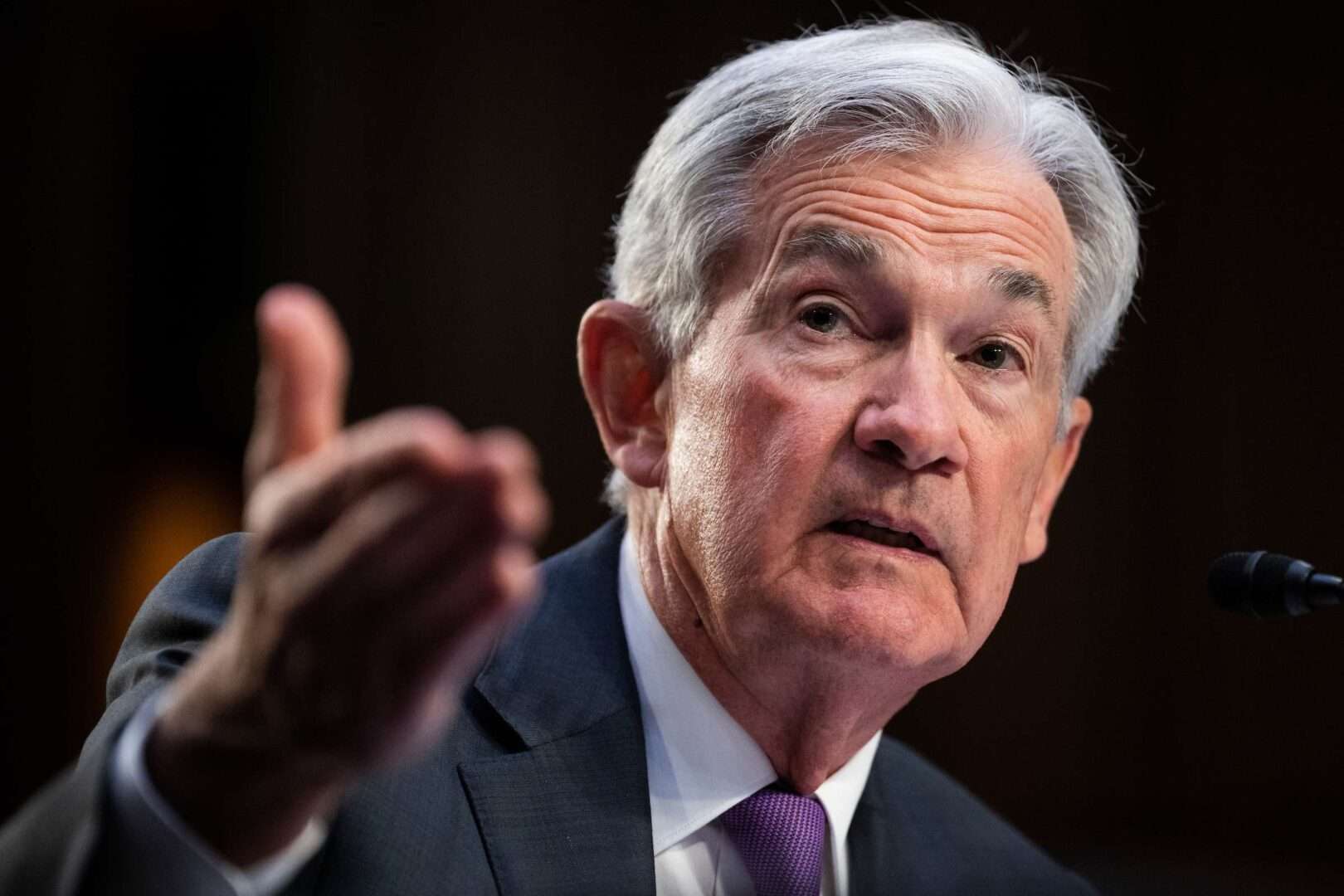How will FED rate cuts impact Vietnam?
FED's rate cut does not have too much impact on the Vietnamese economy in the short term, said SBS.

USD deposit interest rates will decrease
Interest rates for the mobilization of USD will drop from their previous levels. As a result, it will have a direct impact on the government's and Vietnamese businesses' capital mobilization expenses when raising foreign funds, particularly through international bonds.
This makes it easier for the government and businesses to obtain less expensive cash, which lowers borrowing costs and frees up funds for business expansion and investment without being constrained by high interest rates.
Low interest rates enable the government to borrow more money at reasonable rates, which encourages major public investment projects including energy, transportation, and urban development projects.
The ability of the government to borrow money at a cheaper rate will ease financial strain, aid in the reduction of public debt, and foster long-term economic growth. The government can guarantee that public debt stays below the safety level and enhance the effectiveness of public debt management at a reduced cost.
Impacts on exchange rates and inflation
A declining USD will lessen the pressure on the VND exchange rate, contribute to the stabilization of the foreign exchange market, and lower the risks for companies engaged in import-export operations.
In SBS’s view, the pressure on the USD/VND exchange rate will lessen as the USD declines, supporting the stabilization of the foreign currency market. Vietnamese import-export businesses benefit greatly from this, particularly those that rely on foreign raw material imports. A stable exchange rate also lessens the risks that businesses face when making overseas payments, which lowers the financial expenses associated with currency changes.
The State Bank of Vietnam can alter monetary policy with greater flexibility due to the declining value of the US dollar.
The economy of Vietnam is largely reliant on imported raw materials for manufacturing. The cost of importing these raw materials will go down as the US dollar appreciates, supporting the stabilization of domestic production. Additionally, this lessens the impact of cost-push inflation, preserving domestic price stability and promoting the economy's sustainable growth.
Manufacturing and trade businesses can boost profit margins or maintain stable product pricing without raising selling prices by reducing production expenses as a result of lower import costs.
Vietnam's GDP may expand by 6.5-8% this year, while the country's inflation rate will be strictly regulated at less than 4%.
Cash flow returns to stock market
The trend of falling US interest rates has caused money flows from investment funds to return to higher- yielding investment channels such as stocks. This is especially beneficial for emerging markets such as Vietnam. When foreign capital flows in, the Vietnamese stock market will be supported to grow, creating opportunities for businesses to raise capital more easily through the stock market, while improving liquidity in the market.
“Several sectors in Vietnam will receive strong investment flows from international funds such as real estate, manufacturing, technology and renewable energy, thanks to the long-term growth potential and increasing consumer demand of the Vietnamese economy,” said SBS.
According to SBS, the short-term effects of the FED's rate drop on the Vietnamese economy are minimal. Long-term stabilization of the exchange rate will, however, be facilitated by the trend of USD interest rates falling back to levels seen in prior years. This will benefit the Vietnamese economy by decreasing borrowing costs, expanding access to foreign capital sources, and containing inflation. Businesses will profit more from lower interest rates and lower cost of capital, particularly those that import raw materials and those who use foreign loans.
“For the stock market, the news effect can have a positive impact in a few trading sessions. However, in the long run, the market trend will soon return to internal factors. In the previous stage, when the FED continuously increased interest rates, domestic interest rates continuously decreased, so the FED's lowering of interest rates does not mean that domestic interest rates will decrease accordingly. With the current very low level, the domestic economy is on the path to recovery, meaning that capital demand is increasing. So, domestic interest rates will tend to increase in the near future,” said SBS.








